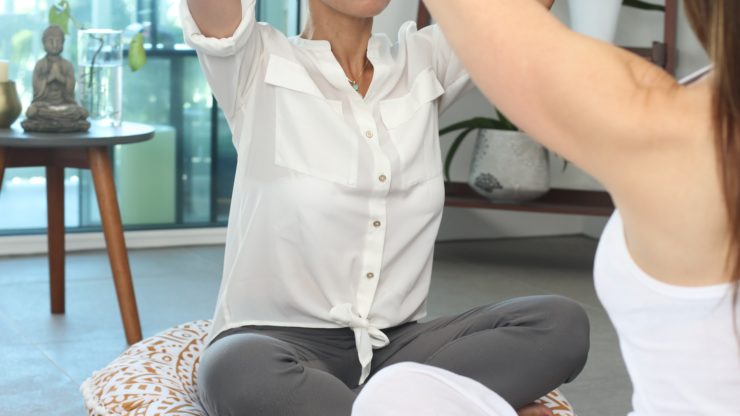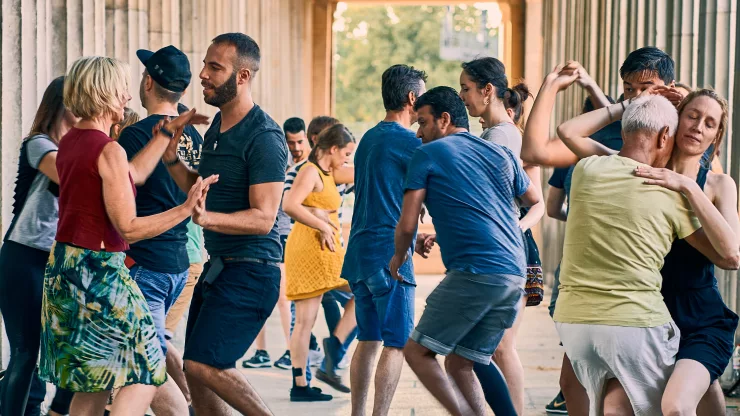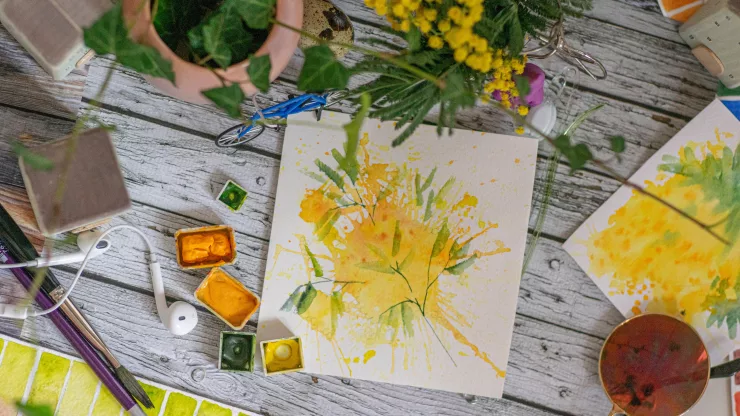The Power of Yoga
Yoga has been practiced for thousands of years and is known for its physical, mental, and spiritual benefits. It is a holistic approach to health and well-being that incorporates physical postures, breathing techniques, mindfulness, and meditation.
In recent years, yoga has gained popularity as a form of exercise and stress relief. Studies have shown that practicing yoga regularly can have a positive impact on happiness and well-being.
Jump to Section
Yoga and Happiness: The Connection
Yoga has been found to have a positive effect on mental health and happiness.
It helps to reduce stress, anxiety, and depression, which are all factors that can contribute to unhappiness.
Yoga also increases the levels of serotonin and dopamine in the brain, which are neurotransmitters associated with happiness. Practicing yoga regularly can help to improve mood, reduce negative emotions, and increase feelings of well-being.
Yoga for Stress Relief and Anxiety
Yoga is a powerful tool for stress relief and anxiety. It helps to reduce the levels of cortisol, the stress hormone, in the body.
Yoga postures, breathing techniques, and meditation can help to calm the mind and promote relaxation. Studies have shown that practicing yoga regularly can help to reduce symptoms of anxiety and stress, and improve overall well-being.
Yoga and Physical Health Benefits
In addition to its mental health benefits, yoga also has numerous physical health benefits. It can help to improve flexibility, strength, balance, and posture.
Yoga has also been found to be beneficial for people with chronic conditions such as arthritis, back pain, and heart disease.
Regular yoga practice can help to improve overall physical health and reduce the risk of chronic illness.
Mindfulness and Meditation in Yoga
Yoga incorporates mindfulness and meditation, which are practices that help to cultivate present moment awareness and inner peace. Mindfulness involves paying attention to the present moment without judgment.
Meditation involves focusing the mind on a specific object or activity, such as the breath or a mantra. These practices can help to reduce stress, improve focus and concentration, and promote relaxation.
How to Incorporate Yoga into Your Routine
Incorporating yoga into your routine can be easy and fun. There are many different types of yoga classes available, including gentle, restorative, and power yoga.
You can also practice yoga at home using online videos or books. It is important to start slowly and listen to your body.
Yoga is a practice, and it takes time to build strength and flexibility. Aim to practice yoga regularly, even if it is just for a few minutes a day.
FAQ
- What do I need to start practicing yoga?
You don’t need much to start practicing yoga. Comfortable clothing that allows for movement is essential.
A yoga mat is also helpful, but not necessary. Some studios provide mats for students to use.
- What type of yoga is best for beginners?
Gentle or Hatha yoga is a good place to start for beginners. These types of yoga classes are slower-paced and focus on basic postures and breathing techniques.
- Can yoga help with back pain?
Yes, yoga can be helpful for people with back pain. Certain yoga postures can help to strengthen the muscles in the back and improve flexibility.
It is important to consult with a healthcare provider before starting a yoga practice if you have back pain.
- How often should I practice yoga?
It is recommended to practice yoga at least 2-3 times per week to see the benefits. However, even practicing for a few minutes a day can be beneficial.
It is important to listen to your body and not push yourself too hard.
Yoga is a powerful tool for promoting happiness and well-being.
It is a holistic approach to health that can improve physical, mental, and spiritual health.
Incorporating yoga into your routine can be easy and fun, and it is never too late to start. With regular practice, you can experience the many benefits of yoga and cultivate inner peace and happiness.

With a deep passion for personal development, Ben has dedicated his career to inspiring and guiding others on their journey towards self-improvement.
His love for learning and sharing knowledge about personal growth strategies, mindfulness, and goal-setting principles has led him to create My Virtual Life Coach.
Contact Ben at [email protected] for assistance.




